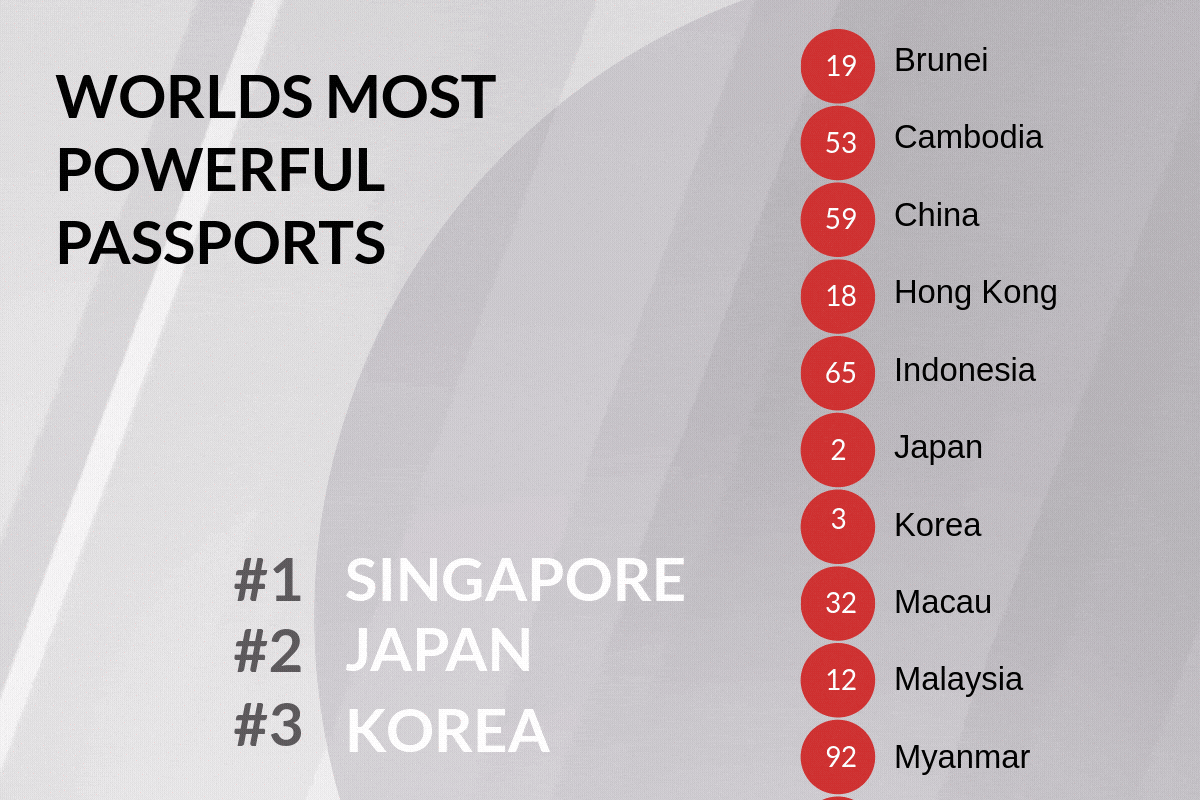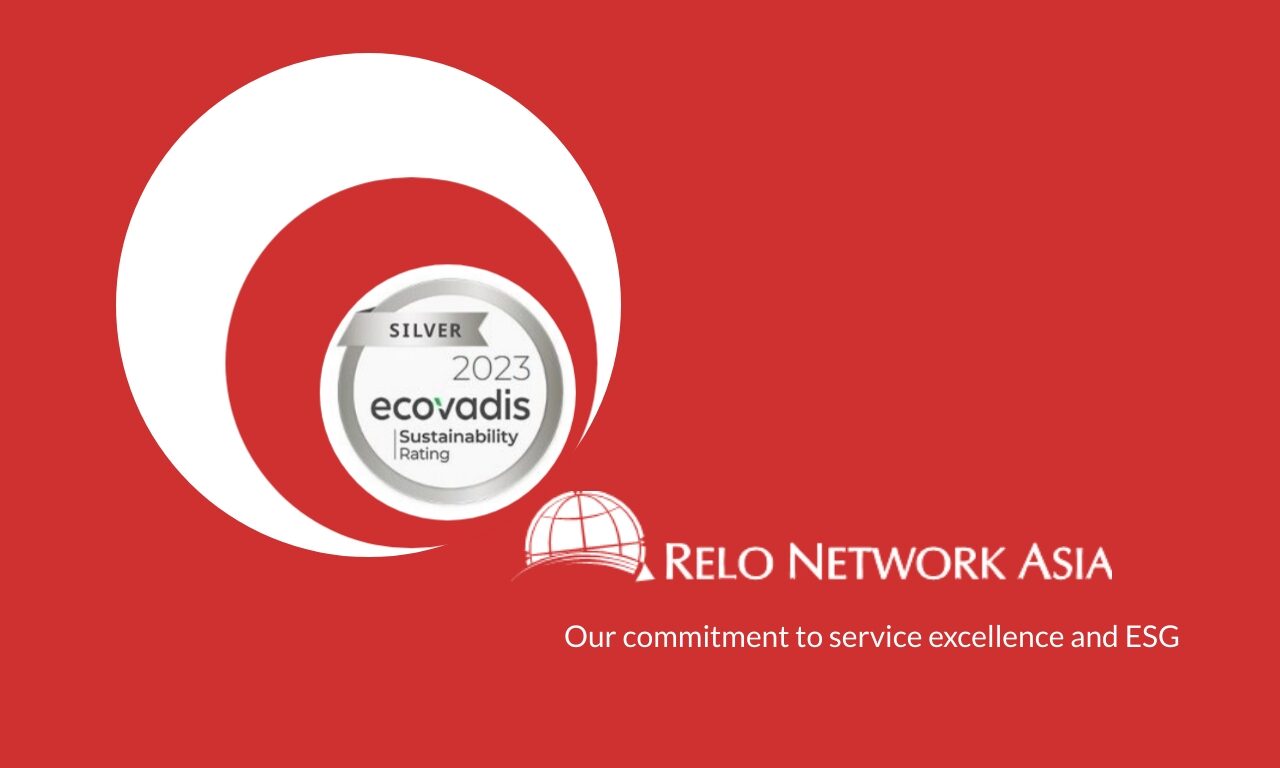In our first installment, we defined the Now Normal as the “interim place between the chaos of crisis and the return to normal”.
We anticipate living in this space for at least until the end of 2021 when we hope a vaccine becomes widely available. The introduction to this topic focused on defining this new realty while this and the remaining two installments will focus on specific areas for consideration.
Part II is dedicated to Assignments. HR and Mobility managers are balancing a backlog of cases on-hold since earlier this year as well as new assignment needs. How to prioritize that long list to meet the business and employee needs is daunting. Below is offered a list of things to consider and although incomplete, will hopefully get the conversations off to a good start.
For on-hold assignments, an initial review of the original business case for the move may yield many answers. Does the local division or project still require the assignee, and will that need still be there in 6 – 12 months? Are there any projects that prompted a relocation that now will not move forward, or move forward in the same timeframe? How will the company wish to approach the different types of assignments over the next 12 months, and how many assignments fall into each of those buckets? Will self-selected moves be considered and supported in this timeframe? Will rotational assignments and developmental assignments still be prioritized?
 Companies and countries alike have critical categories. What assignments would fall under critical categories are on hold? Employees vital to the company’s operation, an industry, a country’s infrastructure or are pertinent to the national interest of a destination country are likely to be the first for whom a path into the destination will be created. When countries start opening borders, they start strategically with these categories.
Companies and countries alike have critical categories. What assignments would fall under critical categories are on hold? Employees vital to the company’s operation, an industry, a country’s infrastructure or are pertinent to the national interest of a destination country are likely to be the first for whom a path into the destination will be created. When countries start opening borders, they start strategically with these categories.
Connect with the “on hold” population to confirm if the desire to go on the assignment still fits the employee’s idea or family situation. Also, consider if the assignee will be successful under these new circumstances at the destination. Qualities such as flexibility, adaptiveness, resourcefulness, and resiliency are more important now than perhaps when the assignee was initially selected.
 The destination and departure countries can be key in prioritizing assignments. Countries that have performed well with keeping the outbreak under control are more likely to open borders between them. In Asia, most countries have managed well with containing and controlling domestic outbreaks. Borders there are starting to open with bi-lateral agreements mostly. They are also the likeliest places for borders to continue opening, creating an opportunity for global mobility programs to advance first.
The destination and departure countries can be key in prioritizing assignments. Countries that have performed well with keeping the outbreak under control are more likely to open borders between them. In Asia, most countries have managed well with containing and controlling domestic outbreaks. Borders there are starting to open with bi-lateral agreements mostly. They are also the likeliest places for borders to continue opening, creating an opportunity for global mobility programs to advance first.
Group assignees by the type of relocation as well as the destination. Stipulations for crossing borders may fall under special arrangements for specific categories such as business travelers, long-term assignees, assignees with approved visas, and of course, critical positions and functions.
For the assignments that are still high-priority and likely to move forward, revise cost and time projections. The costs of global assignments are likely to increase for several reasons. It is impossible to estimate as close to the actual costs as previously, but a revised prediction, even if less accurate, will aid in planning. Our next two installments will focus more on this area by reviewing the cost and timeline considerations.





